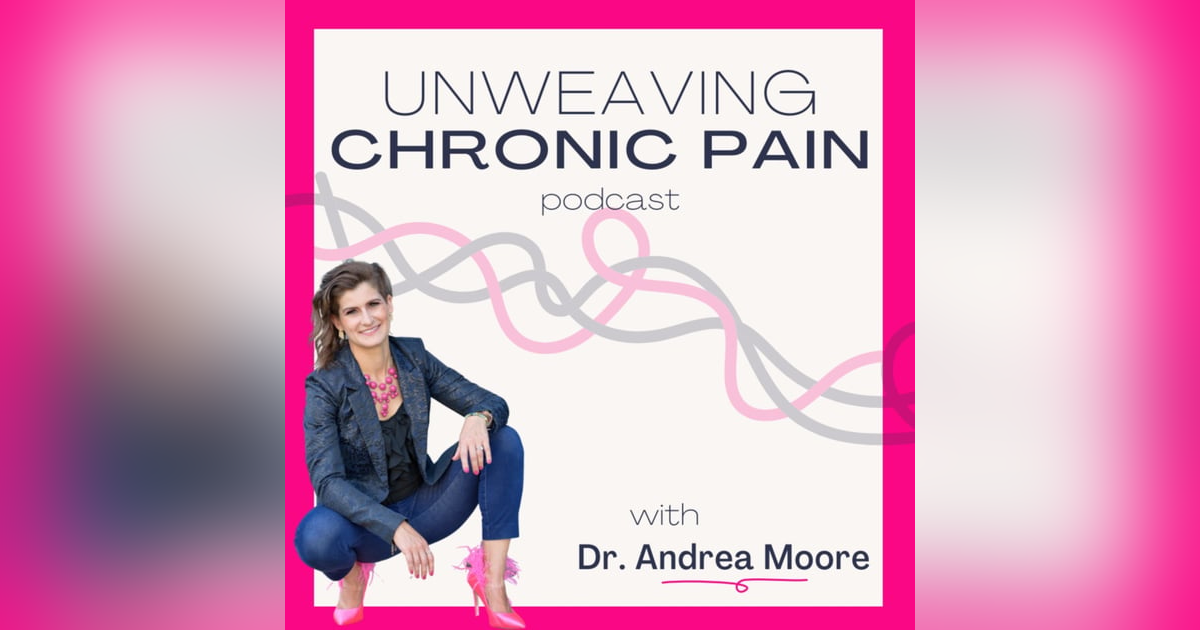Unleashing the Power of Breath for Transformational Healing with Harry Isaac

For 50% off online class use coupon code "DRANDREA50" (coupon code good for 1 class anytime in 2023) Sept.24 class: https://embodybreathwork.as.me/onlinebreathworksept24 Other monthly classes found here: https://embody-breathwork.com/online-classes Harry's Website: https://embody-breathwork.com Follow Harry on IG: https://www.instagram.com/embody_breathwork/ Imagine harnessing the power of breath to heal generational trauma, transform lingering patterns, and ignite a robust connection with yourself. Today's episode achieves exactly that, as we're joined by the remarkable Harry Isaac, an expert in holistic nutrition, shiatsu therapy, and breathwork. Harry passionately shares his wisdom on the potential of breathwork to revolutionize the lives of those grappling with chronic pain. We delve into the profound impact a simple breathwork program can have in clearing ancestral trauma and strengthening our bonds with those around us. The discussion deepens as we explore the correlation between breathwork and emotional resilience, how the body can use breathwork to release trapped energy, and introducing the concept of the release valve exercise. We unpack different types of breathwork and the science behind breathwork. Understand how deep breathing can balance our nervous system, integrate past experiences, and offer a way to navigate discomfort. As we wrap up, we delve into the Coherence Breath, its power to balance our hormones and release oxytocin. Lastly, we touch upon the empowering nature of breathwork, and its potential to serve as a tool for personal power. This episode is a breath of fresh air, literally and figuratively, tune in to discover the remarkable power of breathwork.







